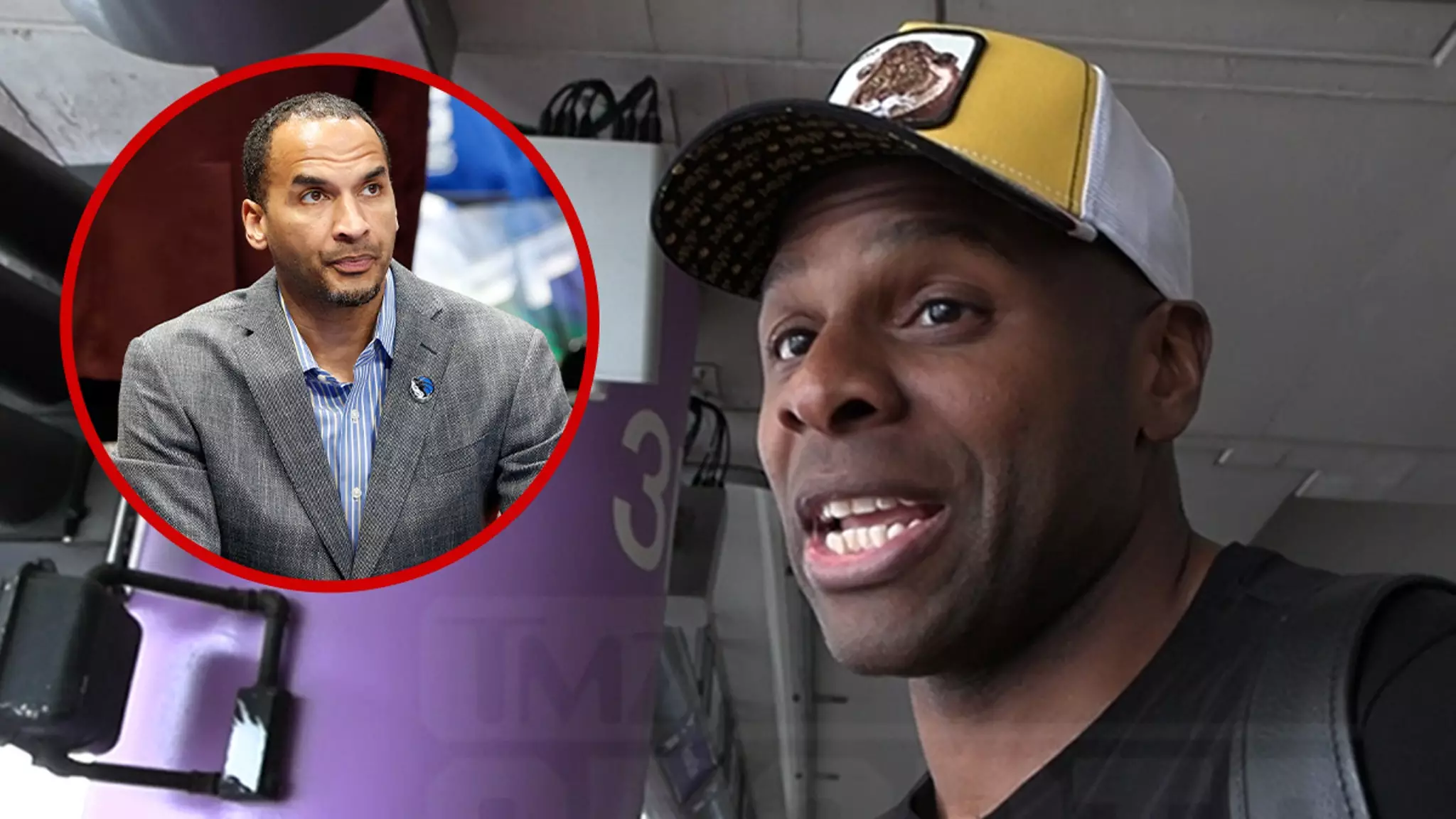The Dallas Mavericks made headlines when they traded away their franchise player, Luka Doncic, a move that left fans and analysts alike scratching their heads. The opportunity to assess this decision was shared by former Mavericks player Brendan Haywood, who recently voiced opinions that offered a clearer perspective on the team’s motives. Within the high-pressure realm of the NBA, the axiom “defense wins championships” is not merely a cliché—it is a guiding principle. Haywood’s comments indicate that the Mavericks’ management, led by Nico Harrison, is willing to prioritize defensive strategies over longstanding loyalties to beloved players like Doncic.
Haywood’s rationale for the Mavericks’ trade suggests a gamble that could potentially pay off in the long run. While fans are understandably frustrated, especially given Doncic’s immense popularity and talent, the organization appears to be positioning itself for a stronger overall performance rather than clinging to past successes. The critical question emerges: Can a focus on defense and complementary players eclipse the undeniable magic that Doncic brought to the team?
A Future Built on Defense
The Mavericks’ approach signals a drastic shift in philosophy. Traditionally, NBA teams have built their lineups around superstars, banking on offensive firepower to carry them through to the playoffs. However, Haywood emphasizes that a foundational commitment to defense can bolster team stability and cohesion. In his mind, Harrison’s strategy may seem convoluted in the short term but could yield remarkable dividends if Dallas manages to build a cohesive unit around players who excel defensively.
This bold vision is grounded in the belief that a well-rounded team can accomplish what the lone stellar player cannot. Haywood astutely notes that success will eventually quell the discontent among fans. If the Mavericks’ new vision leads to wins, the cloud of uncertainty that currently looms over Harrison’s job could dissipate. Thus, the pursuit of defense-centric talent becomes an all-or-nothing proposition; it elevates the entire franchise if successful while amplifying risk if the anticipated improvements fail to materialize.
Echoes of Legacy and Fan Sentiment
Despite the strategic reasoning behind the trade, there remains a palpable tension between management and a fanbase that deeply cherishes Doncic. Haywood acknowledges this bond, indicating that while the leadership’s intentions may come from a place of strategic depth, they risk alienating loyal supporters. The emotional connection between Doncic and Mavericks fans cannot be underestimated; his dynamism on the court transcended mere statistics and became emblematic of hope for the future.
Fans want results, and their patience may wear thin if the Mavericks struggle to regain their competitive edge. In a league dominated by major stars, fully transitioning away from a player of Doncic’s caliber is an arduous task—not just on the court but in the perception of the franchise as well. Thus, the real burden falls on Harrison and his team to not only build defensively but also to ensure that the Mavericks remain relatable and appealing to their devoted supporters.
In the landscape of the NBA, where quick decisions can define franchises, Haywood’s insights shed light on the treacherous waters navigated by team executives. As the Mavericks chart a new course, the balance of ambition and acknowledgment of emotional legacies could define their success or failure for years to come.

